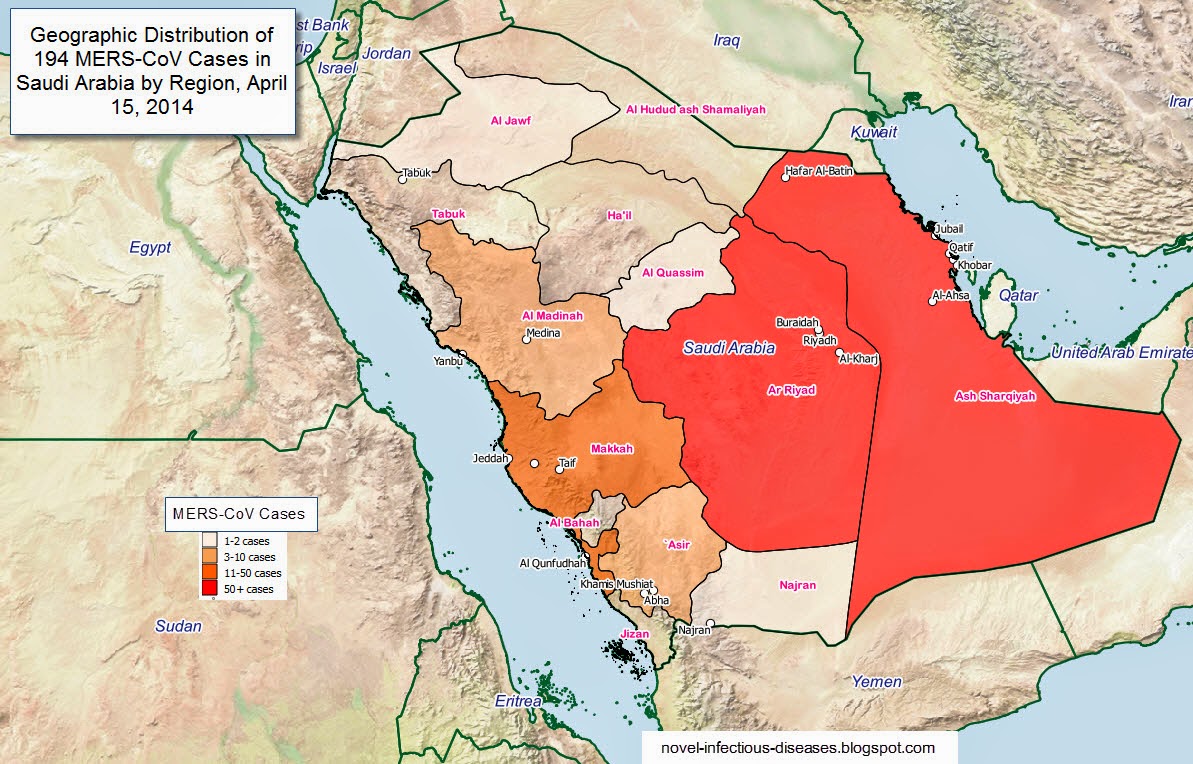To many, Greece is synonymous with sovereign bankruptcy, due to a nearly 4-year-long fiscal and economic crisis that has paralyzed the Mediterranean country. The EU’s indecisive response to Greece’s woes has prolonged a crisis which will have lasting impacts on the society and politics of the Hellenic Republic. Greek and European leaders need to address the consequences of their crisis policies, by tackling youth unemployment, countering right-wing populism and rebuilding trust in politics.
A mismanaged response
Greece’s near-default kicked off the Euro crisis in October 2009, when the government revealed the deficit was in fact twice previous estimates. To tackle the problem, European leaders took a ‘muddle through and hope’ approach which involved many summits and few decisions. German reluctance to bail out a government perceived as irresponsible, combined with the challenges of EU negotiations, contributed to the contagion that spread the Greek crisis to Portugal, Ireland, Spain and Cyprus. When a bailout deal was finally struck, it involved harsh austerity measures that the IMF says deepened Greece’s recession.
A lost generation
European Parliament President Martin Shultz has warned of ‘a lost generation’ created from the effects of austerity and economic stagnation, which have pushed youth unemployment to well over 50% in crisis-stricken countries like Greece and Spain. Even a job cannot guarantee income security for young Greeks, as struggling businesses often lay off young people before older workers. This consistently puts youth at greater risk of losing their jobs during this extended recession.
The weak Greek economy cannot absorb educated young Greeks, who join the estimated 120,000 other professionals who have already left the country since 2010. While educated and mobile Greeks can leave to cities such as London, Hamburg or Paris, lower-skilled youth must try to make a living in a deteriorating economy. Unable to gain all-important job experience at the beginning of their careers, they risk being permanently or semi-permanently excluded from the labour market.
A troubled political system
The stress of an unprecedented economic crisis has pushed the already-troubled Greek political system to the breaking point. In particular, xenophobic violence is growing and far-right party Golden Dawn has an unprecedented number of seats in the country’s parliament.
[captionpix align=”right” theme=”elegant” width=”300″ imgsrc=”http://i.telegraph.co.uk/multimedia/archive/02386/golden-2_2386999b.jpg” captiontext=”Golden Dawn members lead a crowd of locals in a protest in Athens on Mikhail Voda St that targetted immigrant Greeks.”]
Attacks against migrants and refugees in Greece are on the rise. Using clubs, beer bottles and other crude weapons to intimidate and abuse foreigners, gangs demand their exit from Greece. Earlier this month, a knife-wielding mob of 20 men attacked two Pakistani immigrants on the island of Crete. Human Rights Watch has noted evidence that links these gangs to the rise of the neo-Nazi Golden Dawn, who have pledged to rid the country of all immigrants, and were given a record 18 seats in the last election.
Golden Dawn’s anti-immigrant rhetoric appears to have entered mainstream politics as well. Last year, Agence France Presse quoted the current Prime Minister, Antonis Samaras, as calling illegal migration “an unarmed invasion”. The government is now in the process of leading a crackdown on migrants that Human Rights Watch has termed ‘abusive’.
Losing faith
Many Greeks have lost what remaining trust they had in the institutions of their government. A survey by Transparency International this year found that 9 out of 10 citizens believe their political parties are implicated in corruption. The same survey found only 1 percent of Greeks believed parties were making effective efforts to address the problem, indicating a deep distrust of the political system. Moreover, a recent study from the London School of Economics found Greeks to be distrustful of both other social groups and the state, contributing to a ‘spiral of cynicism and disillusionment’. Addressing this deficit of trust will be necessary for bringing the country out of crisis and repairing the fabric of Greek society.
Healing the rifts
All of the challenges highlighted here can be addressed, provided Greek and European leaders are willing to re-consider austerity, stand up for pluralism and work to regain their citizens’ faith in politics.
At the EU level, austerity should be re-considered. Although European leaders announced a €60 billion plan to tackle youth unemployment in May, this figure pales in comparison to the billions cut from budgets across the continent. Austerity policies, which have crippled the Eurozone, need to be abandoned if youth joblessness is going to be addressed.
European leaders need to pay more attention to the rise of extremist groups, in particular those which blame immigrants for their economic woes. Xenophobic agendas must be kept out of mainstream politics, and Greek and European leaders should go out of their way to vilify politicians who play upon anti-immigrant sentiment.
Lastly, mainstream politicians in Greece need to regain their citizens’ trust. This, the most difficult task of all, will require parties to re-examine their approach to politics and reject populist pandering, patronage and self-interest.
If history is any indication, Greece is a resilient society, and will overcome these social challenges. In the past century, the country has seen a monarchy abolished and re-instated, and survived foreign occupation, coups, civil war and rule by a military junta. Nevertheless, Greece’s social recovery is a daunting task, and will require a concerted effort from Greek and European leaders alike.




